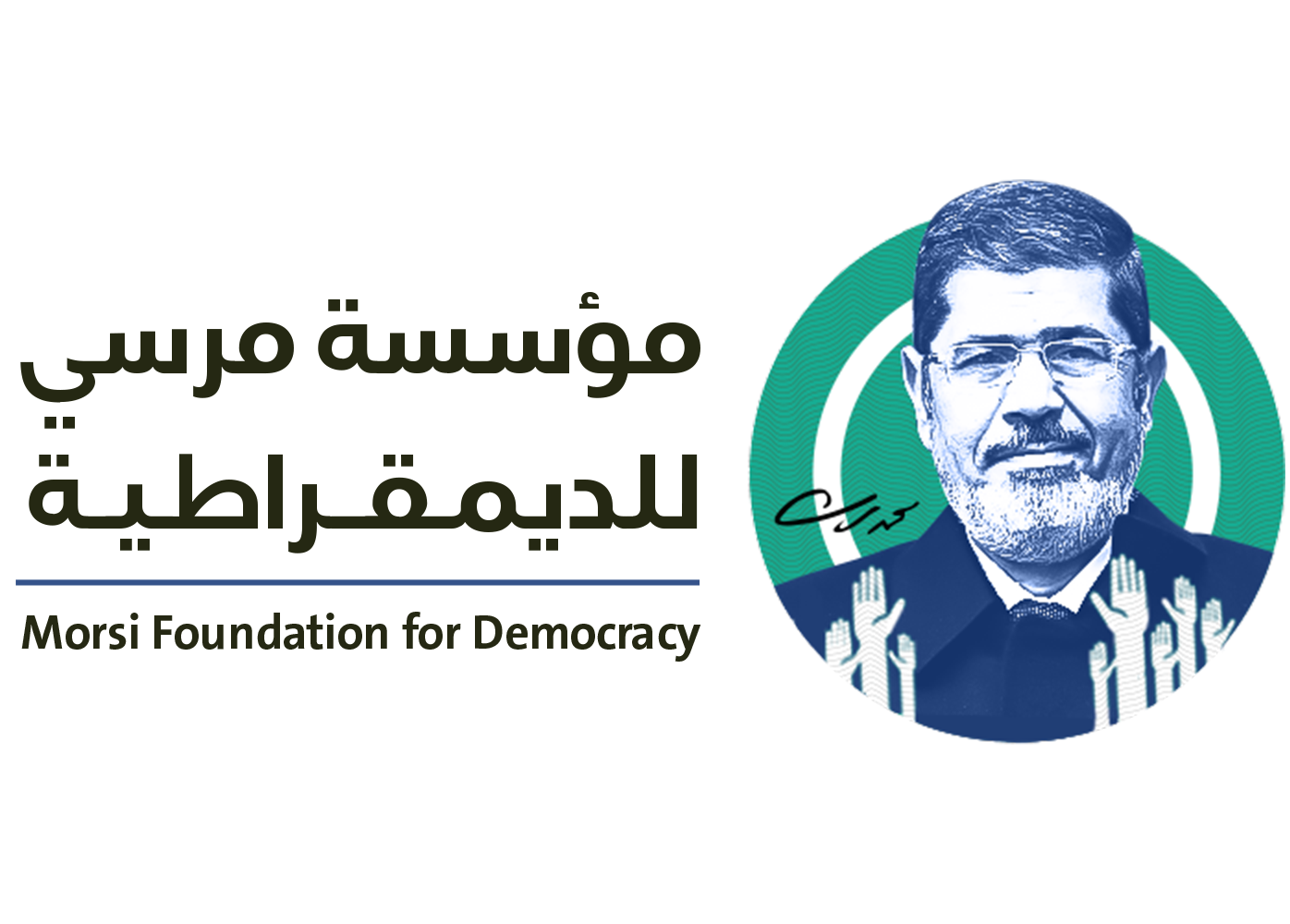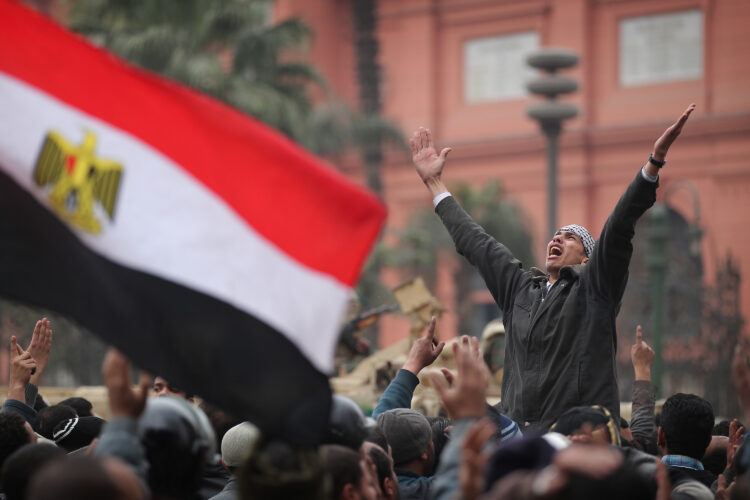12 years have passed since the earthquake of January 25, during which the Egyptian revolution was subjected to all kinds of abuse and accusations, and there were many lists of allegations and accusations against it, and many of those affiliated with it, and even those participating in it, said that it had been killed.
But the paradox is that its enemies and all those who tried to pour dust on it, still see in it the ghost that haunts them, so that the memory of the revolution turns into a catalyst for searching for answers to questions that occupy the minds of Egyptians, and many others, who are united by the realization of the great importance of the largest Arab country, so that the most important value remains represented in a question About the future, in light of the economic and political conditions that have brought the country to a state of suffocation, and conditions that those in charge admit they are disastrous.
Other sub-questions are scattered, but in the end, they revolve around the expected scenarios for changing the state of suffocation and a major crisis in Egypt, which the authority after the military coup recognizes, but rather repeats its recognition and finally seeks to establish reasons related to what might be called “fleeing forward”, and exporting the crisis to other parties, which would be the revolution of January 25, 2011 in the forefront of it.
This is happening while the country is witnessing unprecedented crises in the economy and politics, if anyone admits that there is politics at all. As for the file of human rights violations, starting with his right to stay alive, not to mention his right to live in freedom and dignity, it suffices for the follower to look at reality in order to live, see and hear about tens of thousands of missing persons in prisons and detention centers, without a real crime, and many times more Egyptians who were forced to leave the country. Because they participated, supported, or dreamed of life, freedom, and social justice, and they tried to make it through the revolution.
Egyptian politician, who participated in the political movement opposing the regime of the late President Hosni Mubarak after the results of the presidential elections in 2005, through active participation in the revolution of January 25, 2011, and then the fierce opposition to the first elected civilian president in the history of Egypt, the late President Mohamed Morsi, draws attention to that “the economic and political reality, and many international bodies, including the International Monetary Fund itself, restore consideration to the revolution, even without mentioning its name and perhaps without thinking of repeating it in the first place.”



